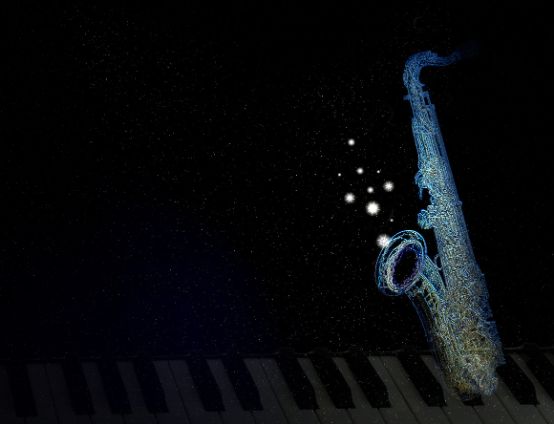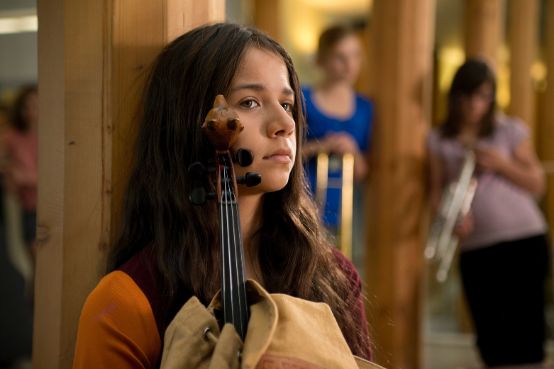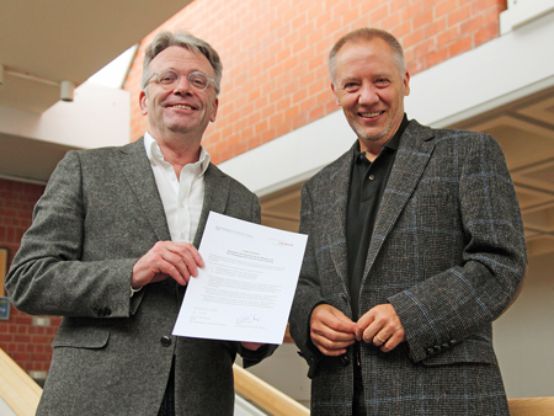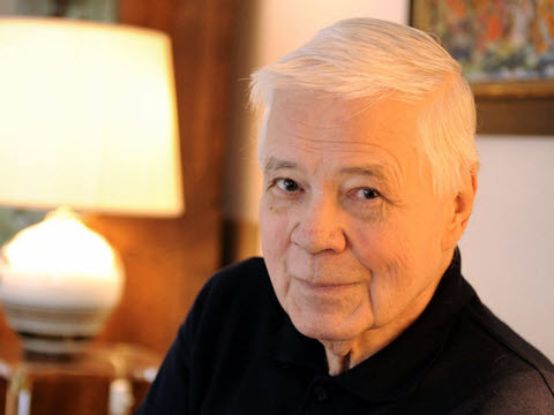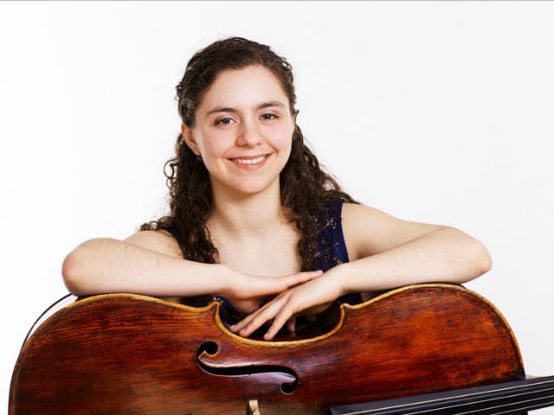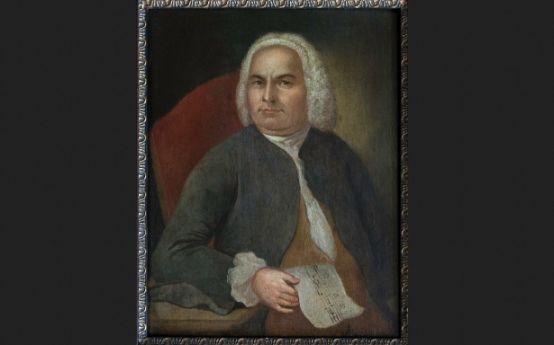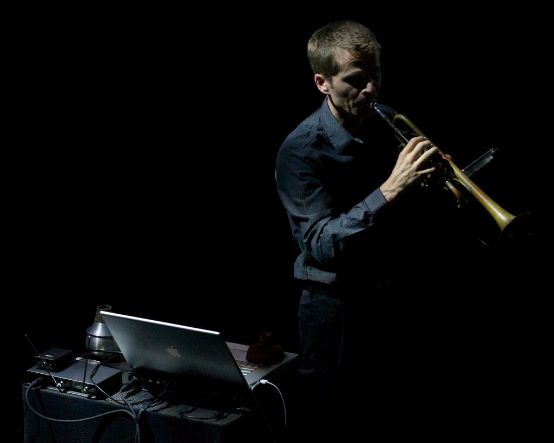Streaming services grow significantly in Germany
With a slight decline in sales of 0.8%, the German music market remained stable in the first half of 2014 following weaker spring months.

According to the German Music Industry Association (BVMI), revenue from music sales amounted to EUR 656 million - around EUR 4 million less than in the first half of 2013.
The most important sales pillar remains the CD, which once again recorded only a slight decline in sales (-3.6%) and continues to represent around two thirds (65.6%) of sales on the German music market. The greatest growth was recorded by the subscription-based and ad-financed music streaming segment (+77%), which now accounts for 7.7% of the German music market.
Vinyl is also continuing on its successful course, growing by 34.5% compared to the first half of 2013 and thus increasing its market share to 2.4%.
In line with the trend of recent years, sales of music videos (-10.4 percent) and physical singles (-31.2 percent) as well as music cassettes (-39.3 percent), which no longer play a role in the music business after celebrating their 50th anniversary last year, declined.
Sales from the digital business segments increased by a total of 7.5 percent to 174 million euros. With a 26.5 percent share of sales, more than one in four euros in the German music industry is generated digitally. Even though downloads declined for the first time (-7.1%), they continue to be the second most important source of revenue in the German music industry with a share of 18.6%.







